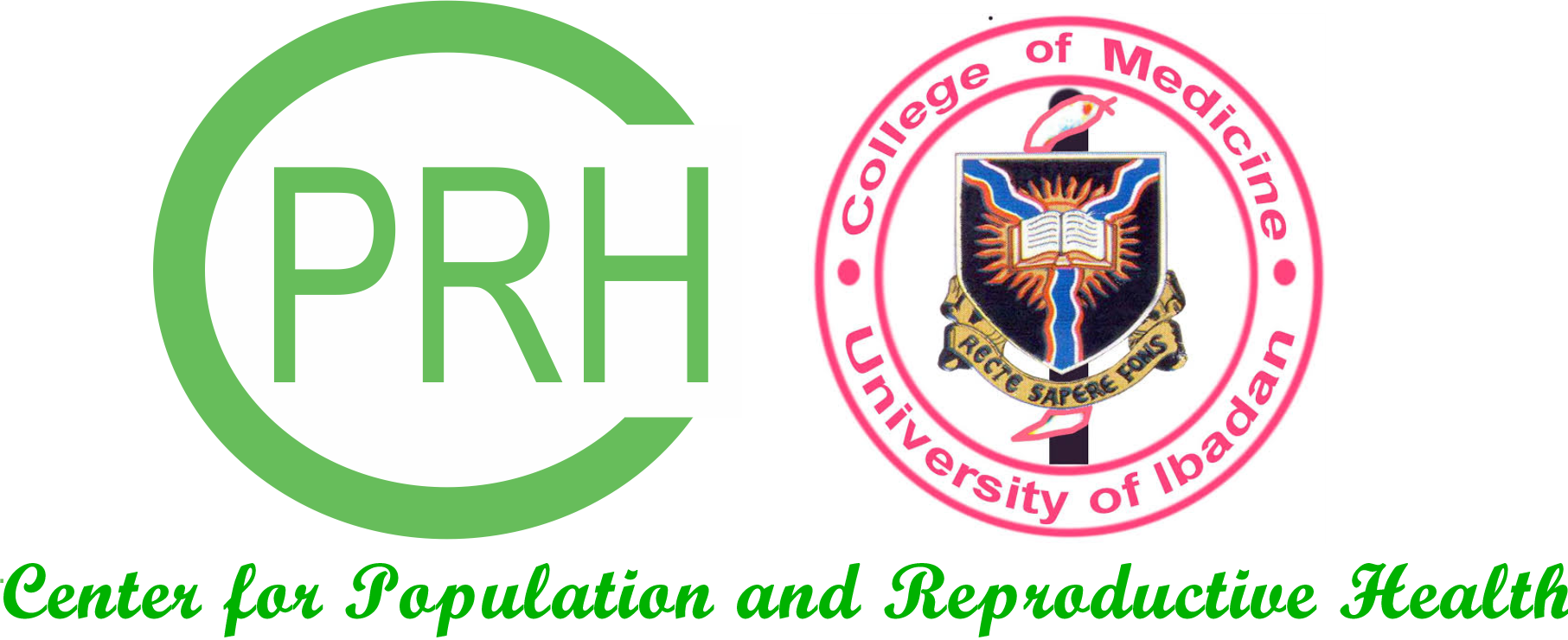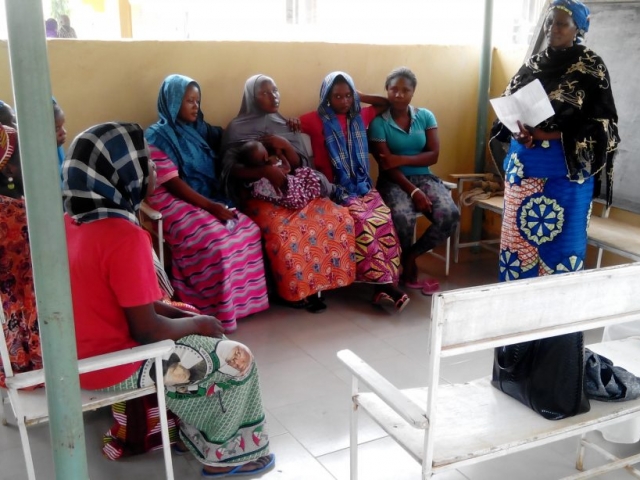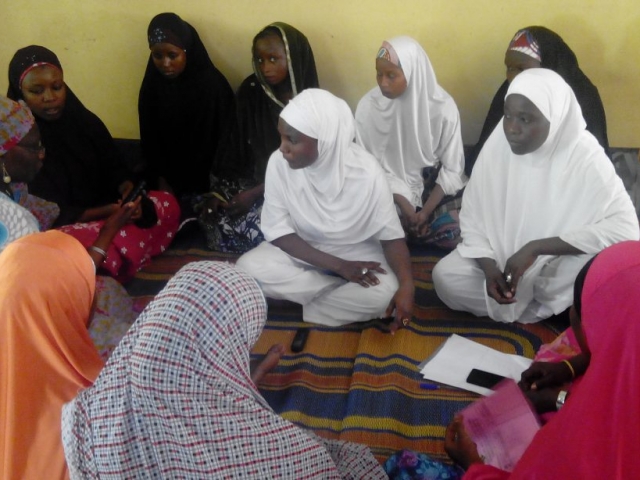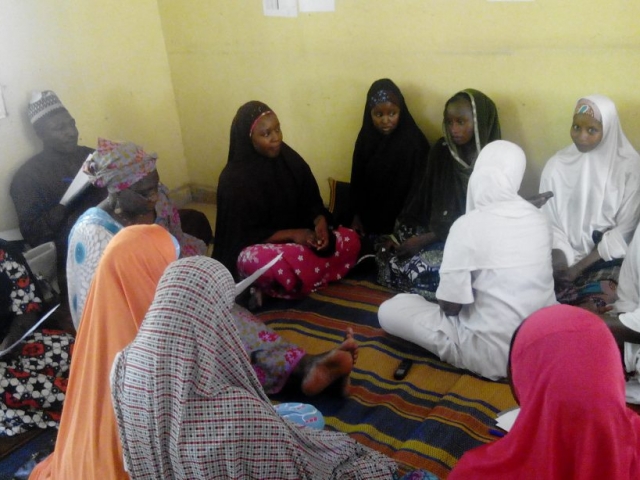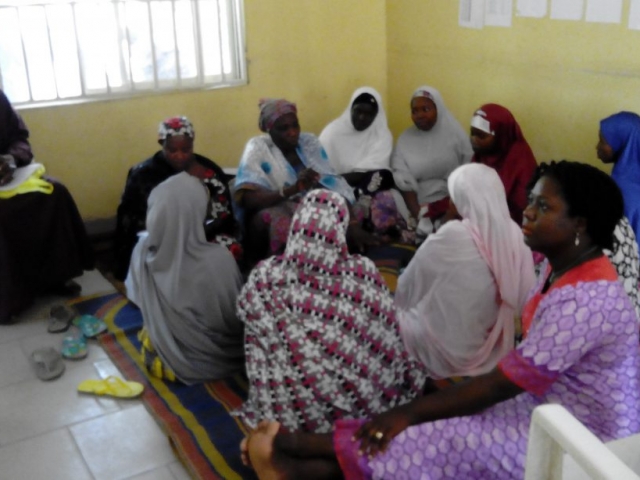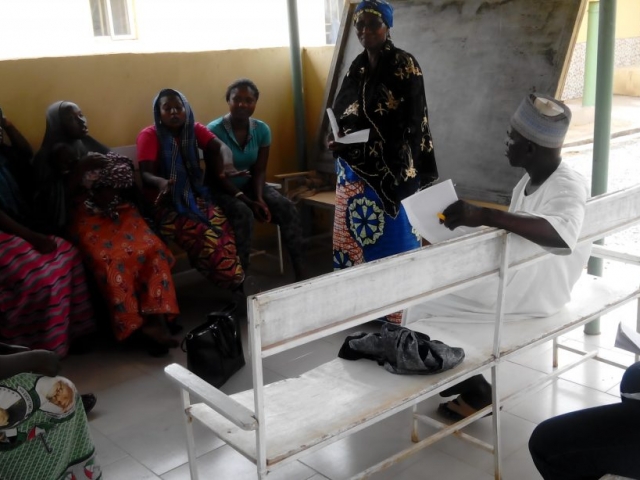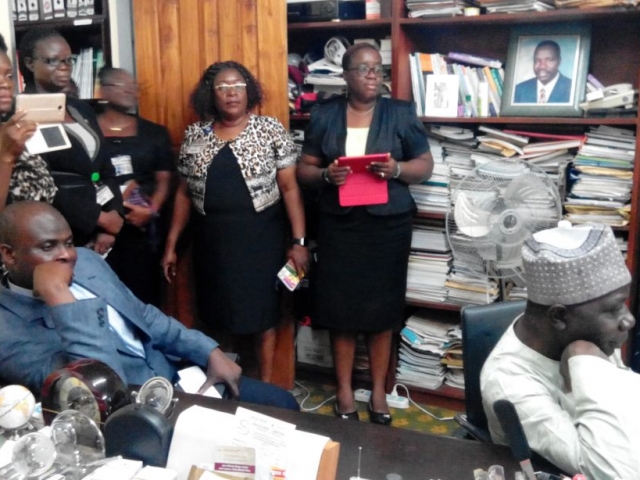Emerging Priorities for Maternal Health in Nigeria

- March 12 – 27, 2020
- 9:00 AM to 5:00 PM
- Obafemi Awolowo University in Ile-Ife, and Bayero University Kano (BUK)
- +2348033085831
Centre for Population and Reproductive Health (CPRH) in collaboration with the Federal Ministry of Health (FMOH), Woodrow Wilson International Center for Scholars (WWICS) with support from the Maternal Health Task Force and UNFPA organized a one and a half day policy dialogue on Maternal Health. The dialogue discussed promising interventions on maternal health in order to generate evidence-based shift in policy. The meeting also created a platform for policymakers, program managers, researchers, and donors to share, research, disseminate lessons learned and address concerns related to policy, institutional, and organizational capacity in delivery of quality care.
Development (CRERD), the Population and Reproductive Health Program (PRHP) at the Obafemi Awolowo University in Ile-Ife, and Bayero University Kano (BUK). The survey was endorsed and supported by the Federal Ministry of Health, the National Population Commission, and the National Bureau of Statistics. Overall direction and support is provided by the Bill and Melinda Gates Institute for Population and Reproductive Health at the Johns Hopkins Bloomberg School of Public Health through a grant by the Bill and Melinda Gates Foundation.
In the last decade, Nigeria has seen a modest improvement in maternal health. Despite efforts to improve contraceptive prevalence rates in the country, the prevalence of modern contraception use among currently married women is still low (10%). Advocacy for national political commitment to maternal health has been ongoing and has spurred policy and programmes for improved health systems, rapid momentum in expansion of infrastructure, human resources and access to commodities. Nevertheless, this is yet to translate to a significant decline in maternal morbidity and maternal mortality rate which currently stands at 565/100,0o0 live births despite several innovations and interventions such as the Midwives Service Scheme(MSS), SURE-P and Saving One Million Lives. There is therefore a need to take stock by stakeholders with a view to identifying what works and what needs to be done to make current interventions work better, as well as generate potentially effective strategies.
The first day of the policy dialogue was an all-day meeting with group and plenary sessions from 9am till 5pm of 20-30 maternal health change agents who charted key areas of the unfinished agenda for maternal health, and framed a road map including a list of key policy issues and recommendations, while day 2 included group presentations from 8.30am – 11am on outcomes of day 1 deliberations.
Through a video conferencing facility, selected participants met with a group of policymakers to share the strategies and recommendations identified during day 1 presentations and discussions so as to catalyse a policy dialogue and advocate for a renewed commitment to these and new interventions. This session was joined by an International Group of experts from The Global Maternal Health Task Force, Boston, MA and The Wilson Woodrow Center in Washington D.C. as part of a north-south dialogue on actions for improving maternal health and to better situate Nigeria’s maternal health at the center of global policy dialogue and support.
